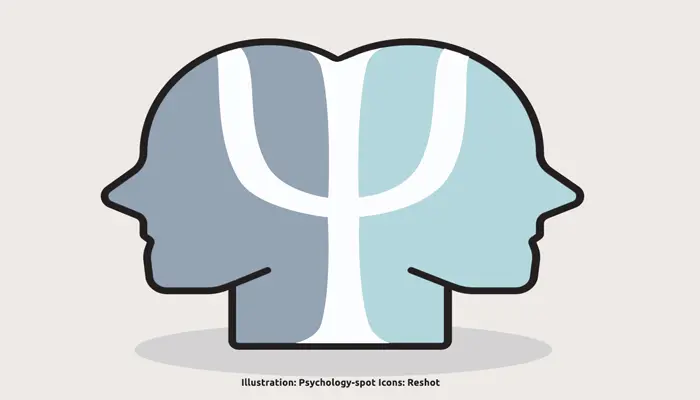
There are people of easy criticism. They are always ready to judge, have a biting word on the tip of their tongues, and often feel superior to the others. These people don’t let anything pass. They take advantage of every opportunity to criticize what we say or do. But they will also criticize us if we remain silent or sit idly by, because their objective is not to help us improve or correct a mistake, but only to assert their opinion. To criticize.
Relating to people like that is complicated. Enduring their constant criticism is not easy, so sometimes they can bring out the worst of us by causing us to lose patience and composure. However, deep down these criticisms hide a deep emotional fragility. It is not an excuse for their behavior, but it will help us understand what is going on in their inner world.
How are people who criticize others constantly?
Psychologists from the Universities of California and Tilburg subjected hundreds of people to a series of tests to assess their personality traits and found that those who are the most critical and contemptuous also share these characteristics:
• Poor friendliness. These people have little empathy for the others and a manifest inability to put themselves in their shoes and understand both their views and emotional states. Sometimes that lack of empathy prevents them from realizing the damage that their criticism can cause.
• Envy and narcissism. The most critical people use to continually compare themselves with the others, envying the luck of the others. But they also nurture the narcissistic idea that they deserve better luck than the others because they believe to be superior.
• Anxious attachment style. They are people with low self-esteem, with a tendency to apprehension and difficulties to communicate assertively their emotional needs, so they resort to criticism and drama to achieve their goals.
• Fixed mindset. The most critical people often attribute achievement and success to immutable skills and competencies, not effort. They do not believe that it is possible to change.
• Social dependency. These people show great concern for social status and hierarchy in different contexts, so they place great importance on the judgment of the others.
• Perfectionism. Perfectionist tendencies manifested themselves through a propensity to criticize the others and a deep fear of being judged.
All this means that, although people who criticize the others can be very scathing, at the base of their attitude there is a great emotional fragility, an hyper-reactive and extremely sensitive ego that seeks to calm down through negative criticism.
Criticism as a shield
Many times criticism says more about who criticizes than who is criticized. Criticism involves judging a situation or person. But in this process we are not usually impartial observers, our subjectivity is conditioning the entire process.
Therefore, criticism is often the expression of an emotional fragility, of an ego that feels constantly threatened and reacts defending itself through criticism. As Alphonse de Lamartine said, “Criticism is the power of the impotent”. By subtracting value from the other through their criticism, these people reaffirm themselves.
In fact, many of these people grew up in environments where they were constantly the target of negative and destructive criticism. They grew up being judged, feeling inadequate and insufficient. Growing up, they shielded themselves behind the protective shield provided by criticism.
Recall that people who appear stronger are often the most fragile because they had to protect themselves behind thick armor. These people are also very sensitive, so to react impulsively and criticize everything that is threatening them.
After all, a mature and balanced person, at peace with himself and with the world, does not need to constantly criticize the others. So the next time you meet people who criticize constantly, think they really need help to reconcile with themselves.
Source:
Schriber, R. A., Chung, J. M., Sorensen, K. S., & Robins, R. W. (2017). Dispositional contempt: A first look at the contemptuous person. Journal of Personality and Social Psychology; 113(2): 280-309.



